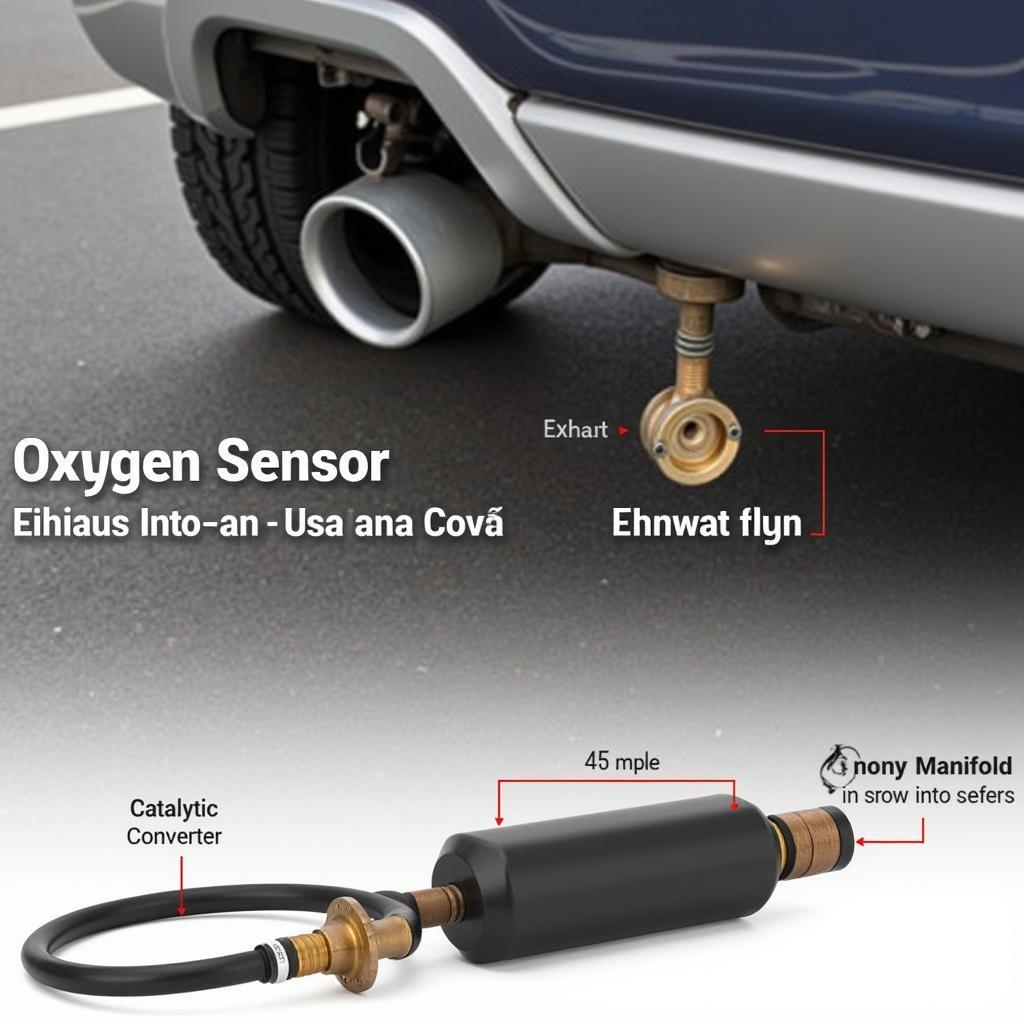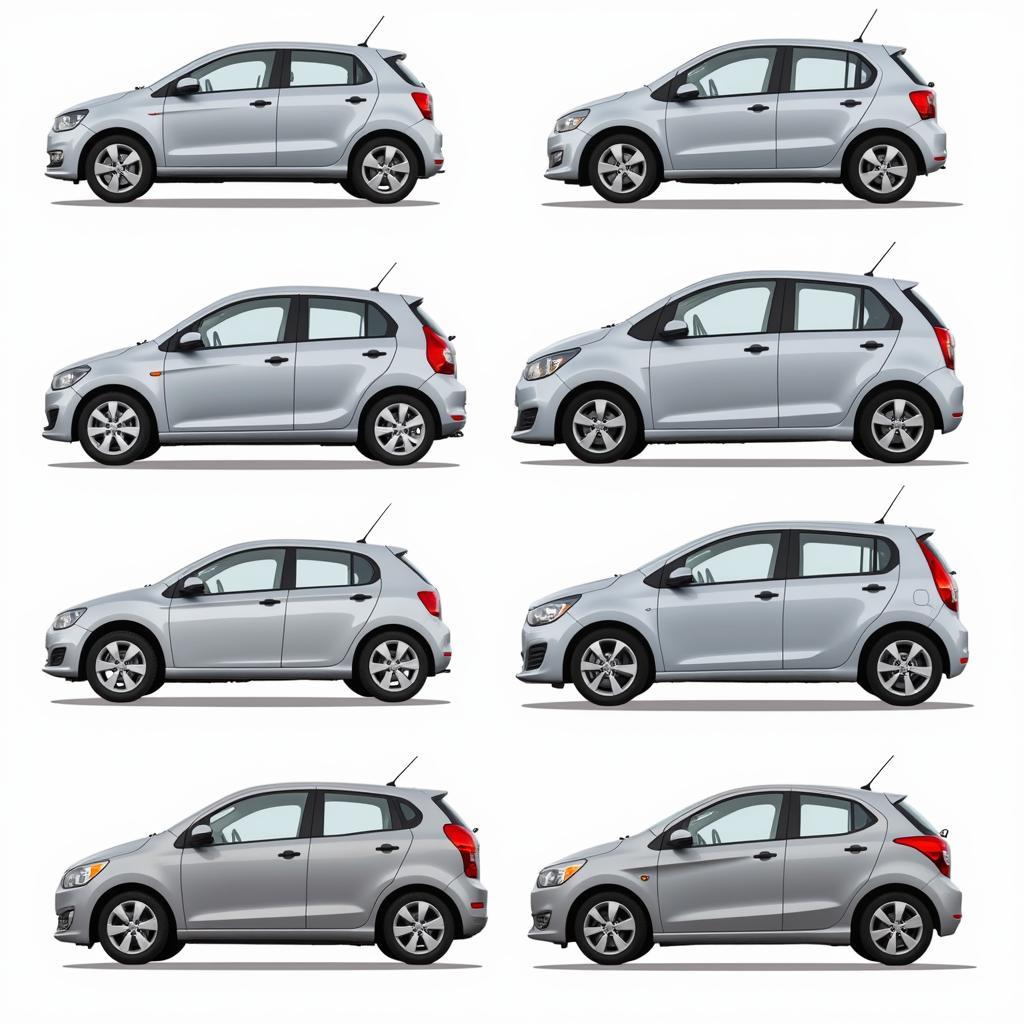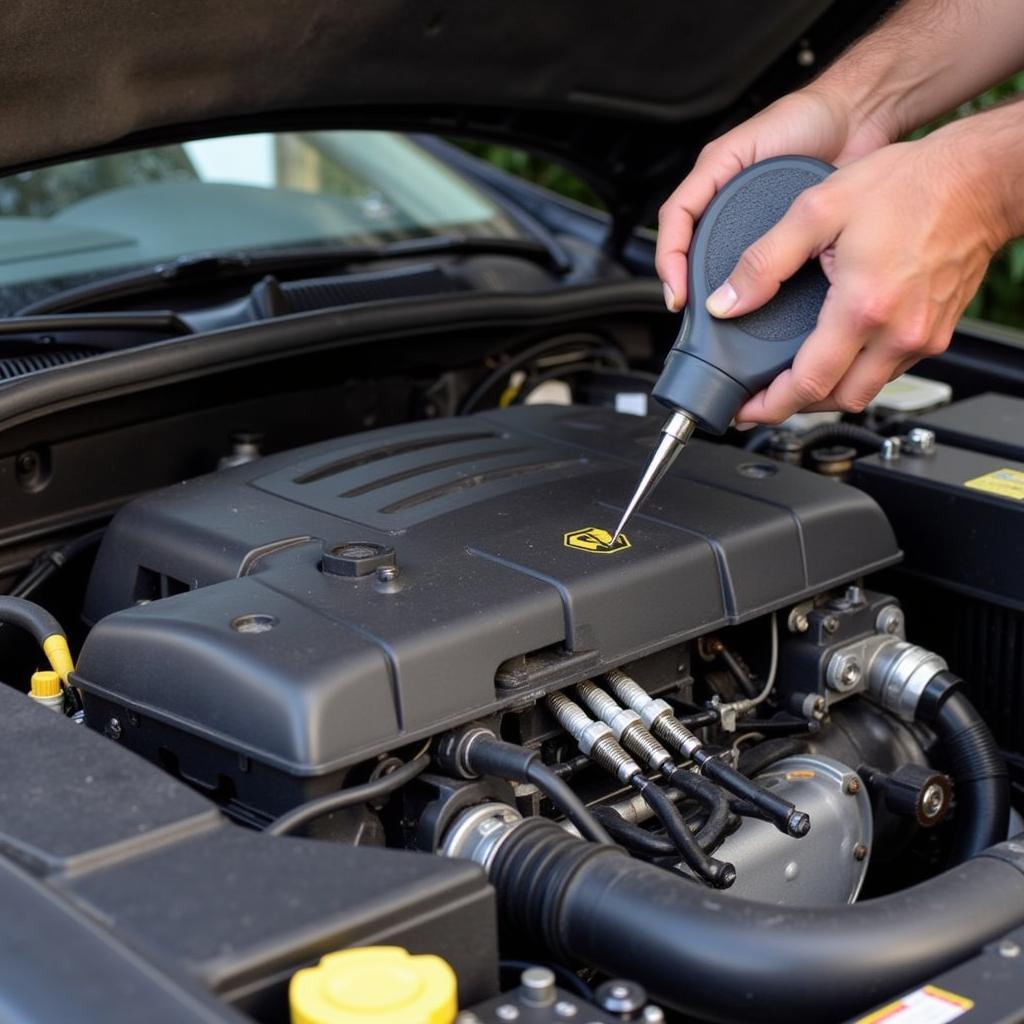The Trolley Car Problem is a thought experiment in ethics and morality that has become a popular topic of discussion in philosophy, psychology, and even artificial intelligence. But what does this thought experiment have to do with cars? Well, it’s not exactly about trolley cars themselves, but rather about the ethical dilemmas that we face when making decisions about our vehicles.
Think about it: every day, we make choices about how we drive, maintain, and even repair our cars. These choices have consequences, not only for ourselves but also for others on the road. For example, choosing to drive while tired could lead to a dangerous accident. Choosing to skip an oil change could result in costly engine damage. And choosing to repair your car with cheap parts could lead to further problems down the line.
The Trolley Car Problem in Car Maintenance and Repair
The trolley car problem, in essence, presents us with a scenario where we have to choose between two undesirable outcomes. In the classic version of this problem, a runaway trolley is heading toward five people tied to the tracks. You are standing next to a lever, and you can switch the trolley to a different track, where only one person is tied.
This situation creates a moral conflict: do you let five people die or do you sacrifice one to save five? Similarly, in car maintenance and repair, we often face dilemmas where there are no easy or perfect solutions.
Scenario 1: The Aging Car
Imagine your car is getting old and you’re facing a major repair. You have two options: invest a significant amount of money to fix the problem and extend the life of your vehicle, or scrap it and buy a new car.
This situation is akin to the trolley car problem. On one hand, you’re sacrificing your hard-earned money to keep your current car running. On the other hand, you’re avoiding the financial burden of a new car while potentially sacrificing safety or reliability.
Scenario 2: The Engine Light
Let’s say your check engine light comes on and you bring your car to a mechanic. They diagnose a minor issue that can be easily fixed. However, they also recommend replacing a few other parts, even though they’re not currently causing problems.
This is another variation of the trolley car problem. You can choose to only fix the immediate problem, potentially delaying a future issue, or you can choose to spend more money to replace parts that might not be necessary right now.
Making Ethical Decisions About Your Car
So, how do we approach these ethical dilemmas in car maintenance and repair? Here are some key considerations:
-
Safety First: If a repair is directly related to safety, such as brakes, tires, or steering, it should be addressed immediately, even if it’s expensive. This is like the trolley car problem where sacrificing one (money) saves many (lives).
-
Long-Term Costs: Consider the long-term implications of your decisions. While it might seem like a good idea to save money by delaying a repair, it could lead to more expensive repairs down the line.
-
Research and Transparency: Do your research, get quotes from multiple mechanics, and understand the risks and benefits of different repair options. Transparency and communication are crucial in making informed decisions.
-
Professional Advice: Don’t be afraid to seek professional advice from a trusted mechanic. They can help you assess the situation and make the best decision for your specific needs.
“It’s always better to err on the side of caution when it comes to your car. Even a seemingly minor issue can lead to major problems if it’s ignored,” says David Johnson, a certified auto technician with over 20 years of experience.
“Investing in regular maintenance and addressing potential issues early can save you a lot of headaches and money in the long run,” adds Sarah Brown, a car expert and author of “The Car Owner’s Guide to Smart Decisions.”
Conclusion
The trolley car problem might seem like a philosophical exercise, but its core principles apply to our everyday decisions, including those we make about our cars. By considering safety, long-term costs, and seeking professional advice, we can make ethical decisions that ensure both our own well-being and the safety of others on the road.
For expert advice and assistance with any car-related issues, contact Autotippro today. Our team of qualified technicians is ready to help you navigate the complexities of car maintenance and repair.
Phone: +1 (641) 206-8880
Office: 500 N St Mary’s St, San Antonio, TX 78205, United States
FAQ
Q: What are some common ethical dilemmas car owners face?
A: Deciding whether to fix a minor issue that could lead to a major problem later, choosing between expensive repairs and buying a new car, and deciding whether to use cheaper, less reliable parts.
Q: How do I choose a reliable mechanic?
A: Look for a mechanic with certifications, good online reviews, and ask for recommendations from friends and family.
Q: What are some signs that my car needs a major repair?
A: Loud noises, unusual smells, leaks, dashboard lights, and reduced performance are all signs that your car needs attention.
Q: What are the benefits of regular car maintenance?
A: Regular maintenance helps prevent major repairs, increases fuel efficiency, improves safety, and extends the life of your vehicle.
Q: How often should I get my car serviced?
A: Consult your car’s owner’s manual for recommended service intervals. Generally, oil changes should be done every 3,000-5,000 miles, and other services should be performed at regular intervals.







Leave a Reply